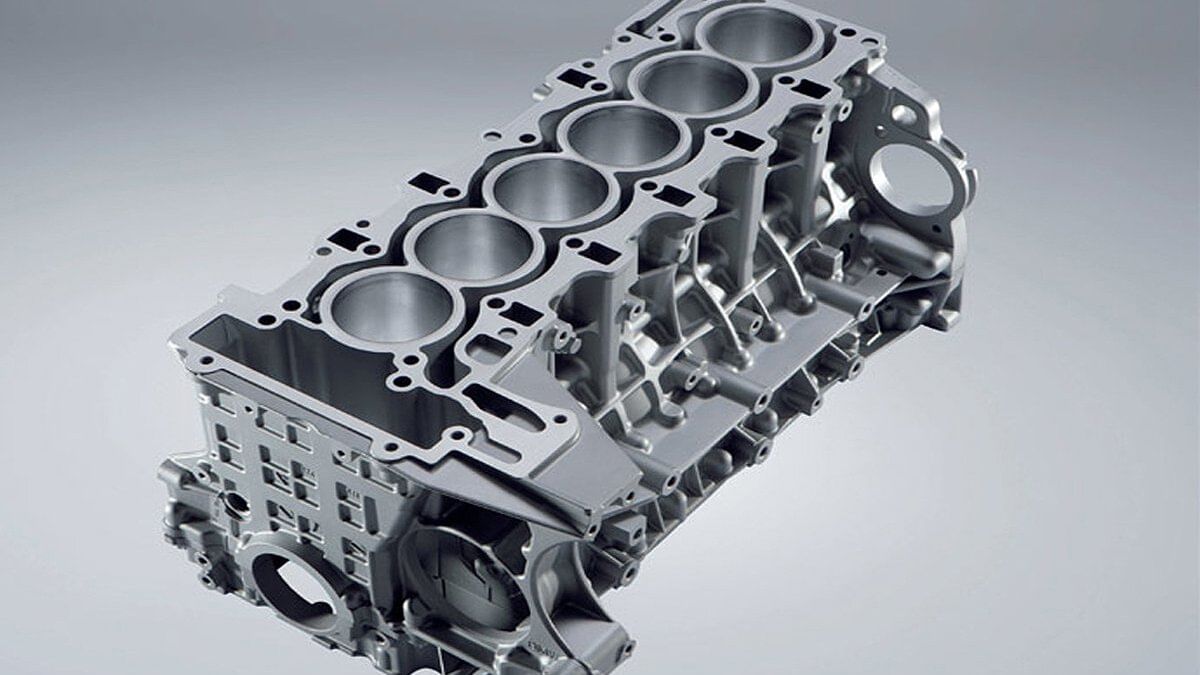The Effect of Innovative Engine Technologies on Power Performance and Environmental Sustainability
In the world of transport and commercial machinery, the continual pursuit for enhanced power effectiveness and decreased environmental impact has resulted in significant improvements in engine technologies. From the steady shift in the direction of electrical and hybrid systems to the combination of turbocharging for boosted efficiency, the landscape of engines is developing quickly. The usage of alternative gas even more expands the options offered for sustainable power resources. These advancements not only promise a greener future yet additionally hold the possible to revolutionize the means we approach power intake and environmental sustainability.
Development of Engine Technologies
The progression of engine technologies over the decades has been noted by continual innovation and refinement in quest of improved performance and effectiveness. From the early days of inner combustion engines to the innovative hybrid and electrical powertrains these days, the development of engine modern technologies has actually been driven by a ruthless mission for enhanced gas efficiency and lowered emissions.
One substantial milestone in this development was the development of turbocharging and direct injection systems, which considerably enhanced engine power result while enhancing gas effectiveness. These modern technologies enabled smaller, a lot more lightweight engines that can supply the efficiency of bigger ones without endangering on efficiency.
Furthermore, improvements in products science have brought about the widespread adoption of light-weight materials such as light weight aluminum and carbon fiber in engine construction. This has not only lowered total vehicle weight but has actually additionally improved engine effectiveness by minimizing energy losses related to inertia and friction.
Advantages of Electric and Hybrid Systems
With the expanding emphasis on sustainability and energy performance, what advantages do hybrid and electrical systems provide in the realm of engine modern technologies? Furthermore, electrical and hybrid systems are extra energy-efficient, converting a greater percent of stored energy right into propulsion contrasted to traditional engines. Hybrid systems combine the advantages of electric propulsion with the versatility of a burning engine, supplying prolonged driving ranges and decreasing range stress and anxiety for consumers transitioning to electrical lorries.
Turbocharging for Improved Performance
Turbocharging works by using a wind turbine to force more air right into the burning chamber, allowing for much better fuel burning and raised power output without a significant boost in engine dimension. By optimizing the performance of the burning process, turbocharged engines can accomplish better gas economic climate and lowered exhausts, adding to ecological sustainability. The widespread fostering of turbocharged engines in both fuel and diesel cars demonstrates their effectiveness in stabilizing efficiency, performance, and environmental impact.
Using Alternative Fuels
Using different gas provides an encouraging opportunity for lowering carbon discharges and expanding the energy resources used in transportation. As the world makes every effort to fight environment modification and decrease reliance on fossil gas, alternative gas have obtained substantial interest for their potential ecological and financial advantages.
Biofuels, such as ethanol and biodiesel, are originated from eco-friendly resources like sugarcane, algae, and corn, using a cleaner burning choice to traditional gasoline and diesel. These gas can be mixed with existing petroleum fuels or used in dedicated engines, supplying a pathway to lower greenhouse gas exhausts and improve air quality.
Furthermore, hydrogen fuel cells have emerged as an appealing modern technology for zero-emission transport. engines for africa. By converting hydrogen gas into electrical power to power electric dig this motors, gas cell cars get redirected here generate just water vapor as a result, eliminating hazardous tailpipe discharges totally
In enhancement to minimizing carbon emissions, alternate gas can also boost energy protection by diversifying the gas mix and decreasing reliance on imported oil. Embracing alternate fuels in transportation is an important action towards achieving a much more sustainable and ecologically pleasant future.

Environmental Benefits and Future Prospects
Alternative fuels, such as biofuels, hydrogen, and electrical energy, offer significant ecological advantages contrasted to conventional fossil fuels. In addition, alternative gas can help diversify energy resources, improving power safety and lowering reliance on finite sources.
Developments in innovation proceed to improve the performance and cost of different fuel cars, making them more available to consumers. By welcoming cutting-edge innovations and alternate gas, the path towards an extra lasting future comes to be progressively attainable.

Verdict
In verdict, ingenious engine modern technologies have actually played a vital function in enhancing energy performance and advertising ecological sustainability. The evolution of engine modern technologies, adoption of hybrid and electric systems, utilization of turbocharging, and expedition of alternative gas have all added to minimizing emissions and enhancing efficiency.
In the realm of transport and industrial equipment, the continuous pursuit for boosted energy effectiveness and minimized ecological influence has actually led to significant developments in engine Visit Your URL technologies. Turbocharging jobs by using a wind turbine to require even more air into the combustion chamber, allowing for much better fuel burning and boosted power output without a substantial boost in engine size. By optimizing the efficiency of the combustion procedure, turbocharged engines can attain better gas economy and decreased emissions, contributing to environmental sustainability. Alternate gas, such as biofuels, hydrogen, and electricity, offer significant environmental benefits contrasted to traditional fossil gas. The evolution of engine technologies, fostering of hybrid and electric systems, utilization of turbocharging, and exploration of alternative fuels have all added to boosting and minimizing discharges performance.